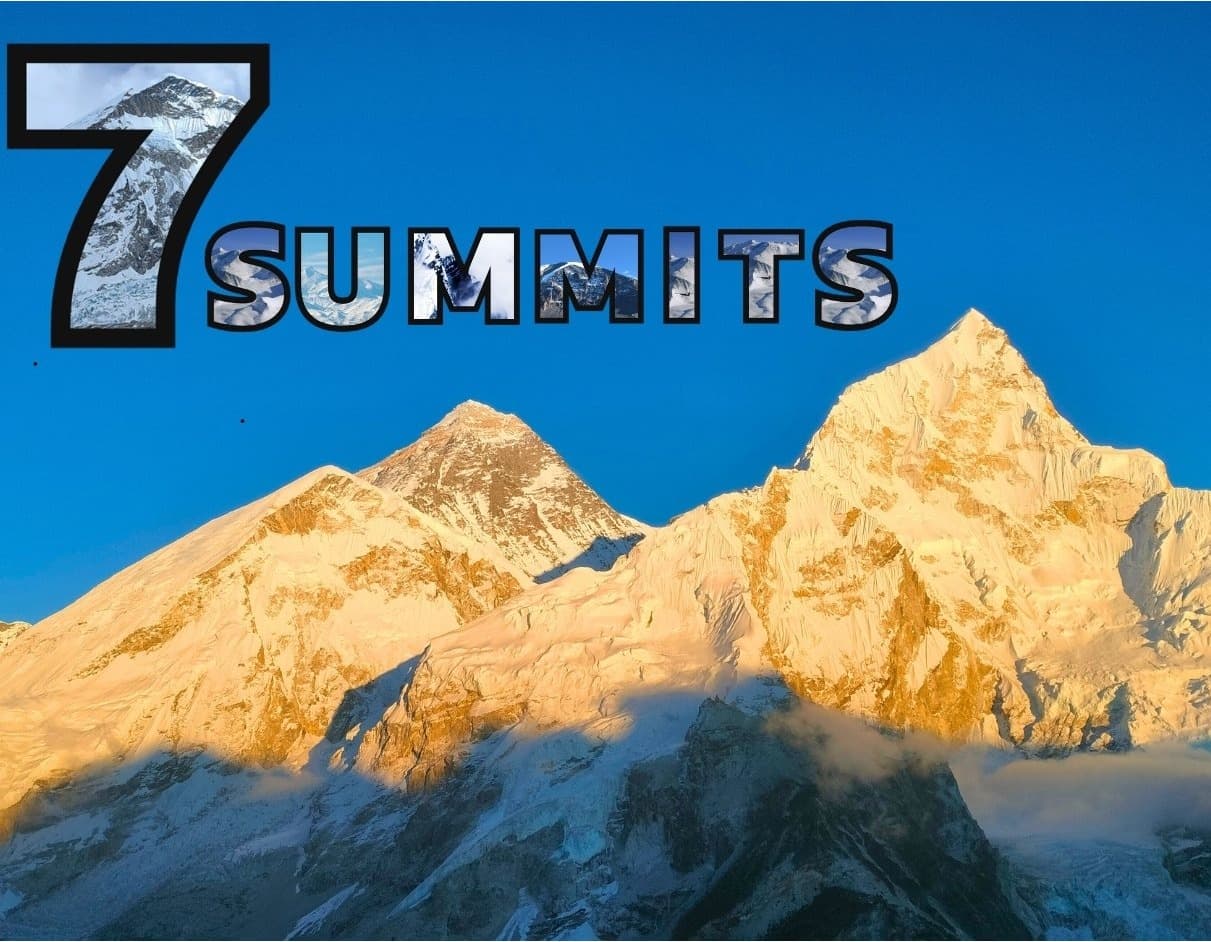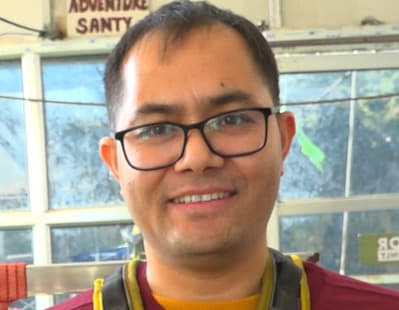Tiji Festival is a three-day long festival held in the Upper Mustang region of Lo-Manthang. This festival remains native to the locals of Upper Mustang. This special festival, immersed in Tibetan Buddhism, is a spiritual as well as visual feast. Held annually in the walled city of Lo-Manthang, the name “Tiji” is a short form of “Tempa Chirim”, meaning “Prayer for World Peace”.
This festival was started around 300 years ago as a celebration of the victory of good over evil. This festival depicts the birth of Dorje Jono and his victory over the Demon Man Tam Ru. Dorje Jono, directed by respected Guru Padmasambhava, came out victorious securing the peace and prosperity of the Kingdom. Generally, this festival takes place in the months of April and May, according to the Tibetan Lunar Calendar. Clothed in vibrant attire and decorated with elaborate masks, the monks re-enact the story with rhythmic chants, portraying the struggle between Good and Evil.
Every year, the monks from Chhode Monastery perform a special ritual called Vajrakila. Vajrakila is a practice that was introduced in Nepal by Guru Rimpoche or Padmasambhava, the Tantric Master in the 8th century. The festival was started by the inhabitants of Lo-Manthang in honor of Dorje Jono and Padmasambhava.
A prologue to Tiji Festival
Originally, the Tiji Festival started as Tenpa Chihi Rimdo, in Lo-Manthang which represents the lessons of Buddha. Over time, it was known as Tenchi Rimdo, and later it got corrupted and transformed into Tiji. Usually, this festival falls on the first Lunar month, which would lie around February. However, today it falls in the third month of the Lunar Calendar coinciding with May.
The historical documents suggest that the festival was started by King Samdrub Rabten of Mustang, at around 1650 AD. He summoned the renowned high-ranking Tibetan Buddhist Leader, Sakya Trizin Ngawang Kunga Sonam, to participate in the celebration. Surprisingly, the festival was initially conducted for a different purpose. Back then, it was known as “Phur Dog” which signifies the “Removal of negativity” through a ritualistic dagger called “Phurba”.
For what reason is the Tiji Festival celebrated?
The Tiji Festival is a vibrant three-day long held every year in the capital of Mustang region, Lo-Manthang. At the core of this festival, Tiji is mostly celebrated for the victory of good over evil. The legend speaks of Dorje Jono, a wrathful deity of protection defeating an evil demon Man Tam Ru Ta. The victory ensured the safety and prosperity of the kingdom of Mustang.
Another reason it’s celebrated is because this festival also ensures the World’s Peace. The word “Tiji” is a short form of "Tenpa Chirim," which means “Prayer for World Peace”. Through complex prayers and rituals, the locals of Mustang offer prayers for the well-being of all beings of the world.
The Tiji Festival serves as an assurance of the unique culture of the people of Mustang. Being isolated for centuries due to its high-altitude location, Upper Mustang has maintained its unique customs and traditions. The Tiji Festival gives a platform for showcasing this rich tradition to the world. The vivid costumes, enchanting music, and firm belief on display, all contribute to a sense of identity and acceptance for the locals of Mustang.
Hence, the Tiji festival is a mixture of celebrations that go beyond just entertainment. It’s a vibrant tapestry woven with faith, culture, pride, faith and a sincere hope for a peaceful world.
How is this Tiji Festival Celebrated?
Deep in the roots of Upper Mustang, settled among the Himalayan landscape, comes the vibrant festival of Tiji, a 3-day spectacle filled with myths, rituals, and vivid masked dances. Celebrated around mid-May, this unique festival is more than just entertainment, but also a foundation of the region's cultural identity.
The heart of the Tiji Festival is the dramatic enactment of an ancient deity. Through a series of dances and performances by the monks of Chhode Monastery, the legend of Dorje Jono unfolds. Putting on vibrant costumes and masks, the monks bring to life the epic battle between Dorje Jono and his Demon King father.
Day 1: Fending off the demons
The festival starts at noon on the first day. Monks of the Chhode Monastery wearing colorful costumes perform the “Tsa Chham” dance, symbolizing the various incarnations of Lord Buddha. This performance illustrates the act of driving away the demons.
Day 2: Offerings and “Nga Chham” dance
This day witnesses a more toned-down atmosphere. The locals of the region prepare an assortment of delicacies to be offered to the monks. You will also get to witness the “Nga Chham” dance performance by the monks as well.
Day 3: Masks, divinity and victory
The final day of the festivities cumulates the theme of the festival. The monks decorate themselves with special masks and horns that represent both fearsome demons and tenderhearted deities. This vivid exhibition, also known as "Dhungchen," celebrates the victory of good over evil.
Beyond the Monastery
While the main rituals are performed within the Chhode Monastery, the joyous spirit flows through the entire town. Locals, as well as visitors alike, come together to enjoy the display, immersing in the rich culture of Upper Mustang.
What are the dates for the festival of the Tiji celebration for 2025?
Nestled in the high Himalayas, among the dramatic landscape and ancient monasteries, lies the mystical region of Upper Mustang. Here, the tradition of honoring Tibetan Buddhism runs deep and one of the most captivating festivals is the Tiji Festival. In 2025, this vibrant exhibition unravels across three unforgettable days, from May 24th, May 25th, May 26th, 2025.
So, if you want to seek some cultural experience unlike any other, among the breathtaking landscape immersed in myths and tradition, then look no further than the Upper Mustang Tiji Festival Trek. It’s a window into the Upper Mustang, vivid celebrations that will leave you a permanent mark on your memory.



